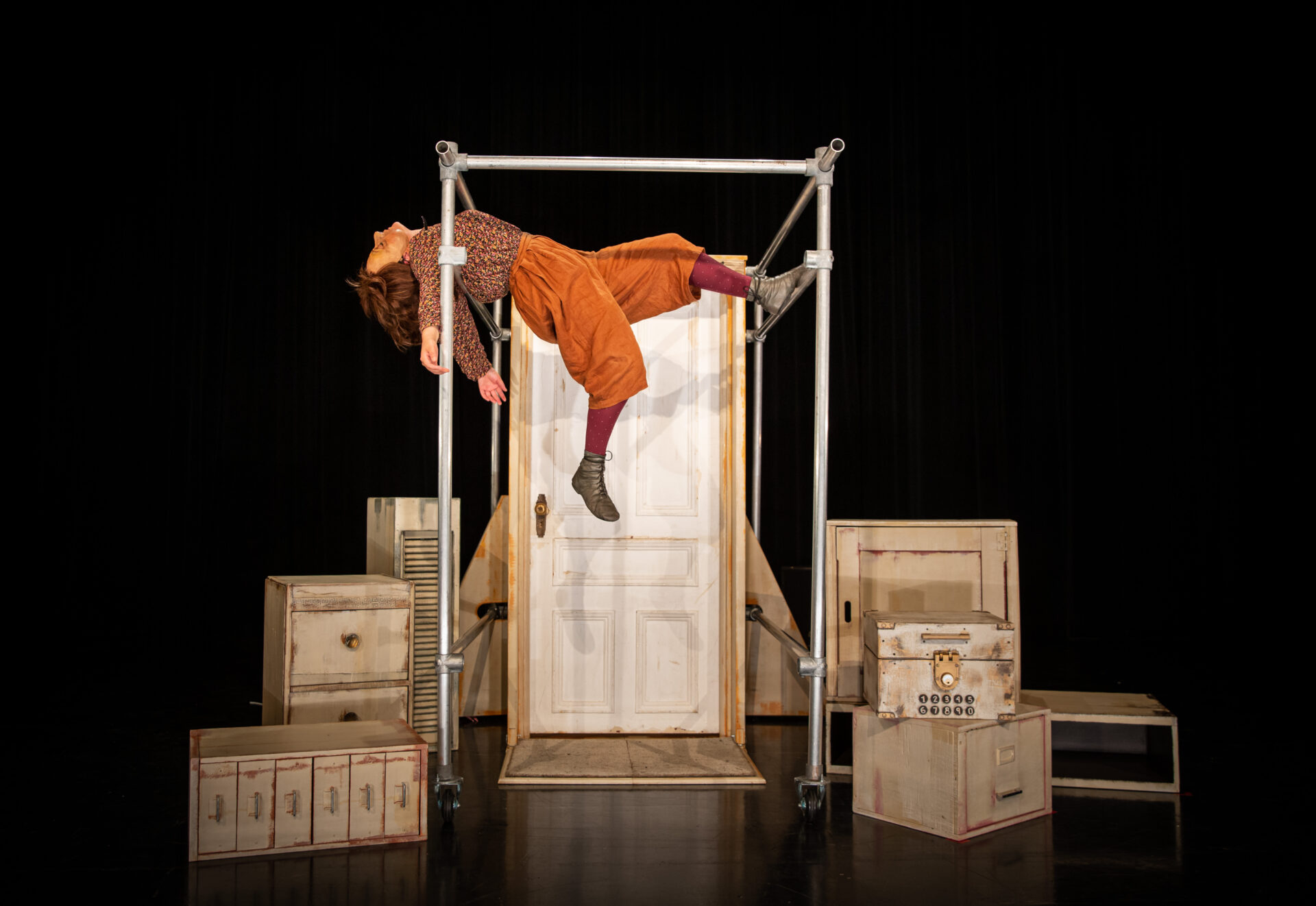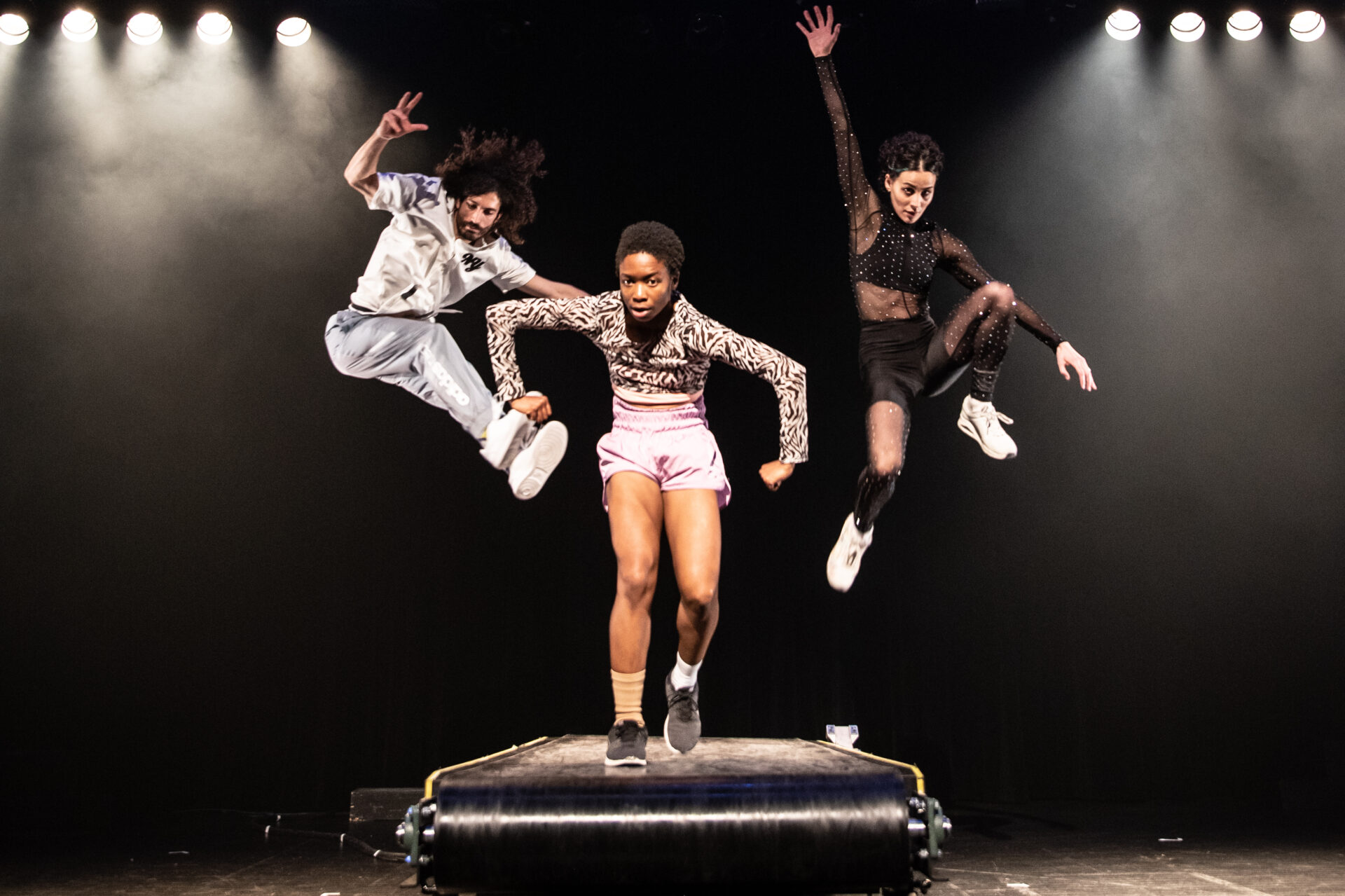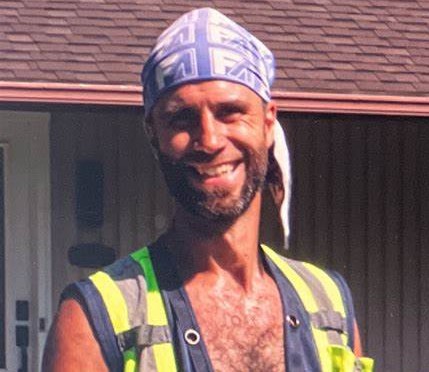As we come to terms with the one-year anniversary of COVID lockdowns, Canada’s arts community is focused on creating a brighter and more sustainable future. A future that takes advantage of the upheaval wrought by the pandemic, to repair the broken model outlined by Marsha Lederman on March 13 (Eight ways to fix the arts industry, postpandemic). To be effective, this repair will include provision of a basic income guarantee.
We, the leaders of Canada’s largest municipal arts councils, are coming together for the very first time to advocate on behalf of the artists and residents of Calgary, Edmonton, Montreal, Toronto and Winnipeg. Collectively, we represent the country’s largest concentrations of artists. We know our communities and their challenges well.
Passing by any of our country’s theatres or concert halls makes it evident that Canada’s arts sector has been devastated by the pandemic. Arts and entertainment across the country have suffered even more serious effects than the accommodation and food sectors. The GDP of the performing arts sector has fallen by 62% since last year (Globe and Mail, March 11).
And, it is the individual creative artist who has paid the greatest price for this loss: hours worked in the arts, entertainment and recreation sector declined 36.6% overall in 2020, including over 60% for those in the performing arts.
Despite this hardship, Canada’s artists responded to the needs of Canadians from coast to coast. They took their skills, imaginations and talents to digital platforms and outdoor performances. They reached out to seniors in care and front-line workers and they gave us company when anxiety threatened to overwhelm. Their art reminded us that better times will come again, and that joy can come in unexpected places.
Responding to hardship with inspiration is not new for Canada’s artists. But that hardship has a solution—and that solution is long overdue. For many years, artists have faced income insecurity as a result of their dependence on precarious short-term contracts which do not include benefits, paid sick leave, or employment insurance, things many Canadian workers take for granted. More recently, digital platforms have eroded fair compensation levels for artistic work. Furthermore, although the vast majority of our country’s artists live in our cities, the cities themselves compound problems as the cost of living and artist work space is punishingly high. It is a well-documented fact that Canadian workers, including artists, who are from marginalized communities, are disproportionately affected by precarious employment conditions.
Artists are workers, and in many ways precarity among artists is no different than those of other gig or freelance workers whose livelihoods were precarious even before the crushing impact of the pandemic. Paradoxically, at this time of great crisis, a solution has also become much clearer. The positive steps taken by the government in the early days of the pandemic including CERB and CRB were essential for individual workers, including artists, and can serve as a model for the future.
Now, as the country is looking towards recovery, we know that it is our artists who will lead the way. Artists play a unique role in this country. They are the torch bearers of Canadian cultural and identity. The arts will engage people, encouraging them to emerge from their solitude and participate in community once again. They will collaborate with other sectors to develop and implement innovative solutions and strategies for recovery. There could not be a better time to recognize this contribution with a basic income guarantee.
The case for an effective and equitable Basic Income Guarantee program for Canada’s artists is clear. The opportunity is now. CERB and CRB have proven that it is possible to provide meaningful support to individuals facing income precarity, and the implementation of these programs has generated widespread public support for a permanent program. A new model offering basic support for our artists will create a future of creativity and inspiration that will benefit all Canadians.
Signed,
Claire Hopkinson, M.S.M., Director & CEO, Toronto Arts Council
Nathalie Maillé, Executive Director, Conseil des Arts de Montréal
Carol Phillips, Executive Director, Winnipeg Arts Council
Patti Pon, President & CEO, Calgary Arts Development
Sanjay Shahani, Executive Director, Edmonton Arts Council



